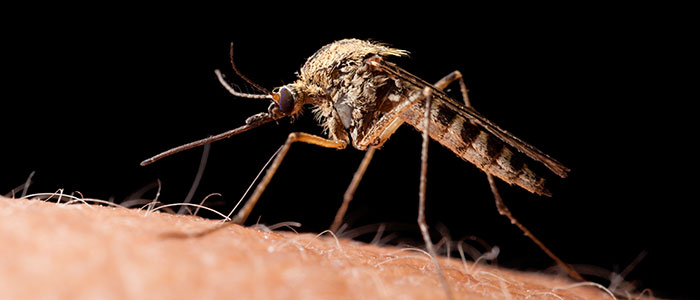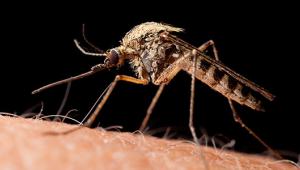The announcement was accompanied by the release of the bank’s initial projections that the short-term economic impact of the mosquito-borne virus in the region. It concluded that the cost was likely to be modest – totalling around $3.5bn or 0.006% of gross domestic product in 2016 – provided that the response is swift and well coordinated.
“Our analysis underscores the importance of urgent action to halt the spread of the Zika virus and to protect the health and well-being of people in the affected countries,” said Jim Yong Kim, president of the World Bank.
“The World Bank Group stands ready to support the countries affected by this health crisis and to provide additional support if needed,” he added.
It noted that a group of countries highly dependent on tourism – mostly in the Caribbean – may require additional international support, as they may suffer losses in excess of 1% of GDP.
The current figure is based on the demands that have been made by governments across the region for financial assistance, and the Bank has sent teams of technical experts to affected countries.
The WHO announced on Wednesday it would need $56m to fund its response plan carried out by the agency itself and key partners.
This will support a range of activities including surveillance and control, identification of the people most at risk, pregnancy and postnatal care for those whose newborns suffer neurological complications and the promotion of access to family planning, public awareness, and self-protection measures.
Overall it said the funding would ensure a “robust, well-targeted, well-coordinated, multi-sector response”.
The Zika virus, transmitted by the Aedes mosquito, usually has mild symptoms. However it has been linked to a surge in cases of microcephaly, a complication that causes babies to be born with abnormally small heads, and Guillian-Barré syndrome, a rare disorder which can cause rapid-onset muscle weakness, paralysis and sometimes death.
The World Health Organisation has said it is extremely alarmed by the already “explosive” spread of Zika, which it declared an international public health emergency at the beginning of February. It warned the spread was likely to continue at a rapid pace across the Americas, Asia and Africa, wherever the Aedes mosquito is found.














